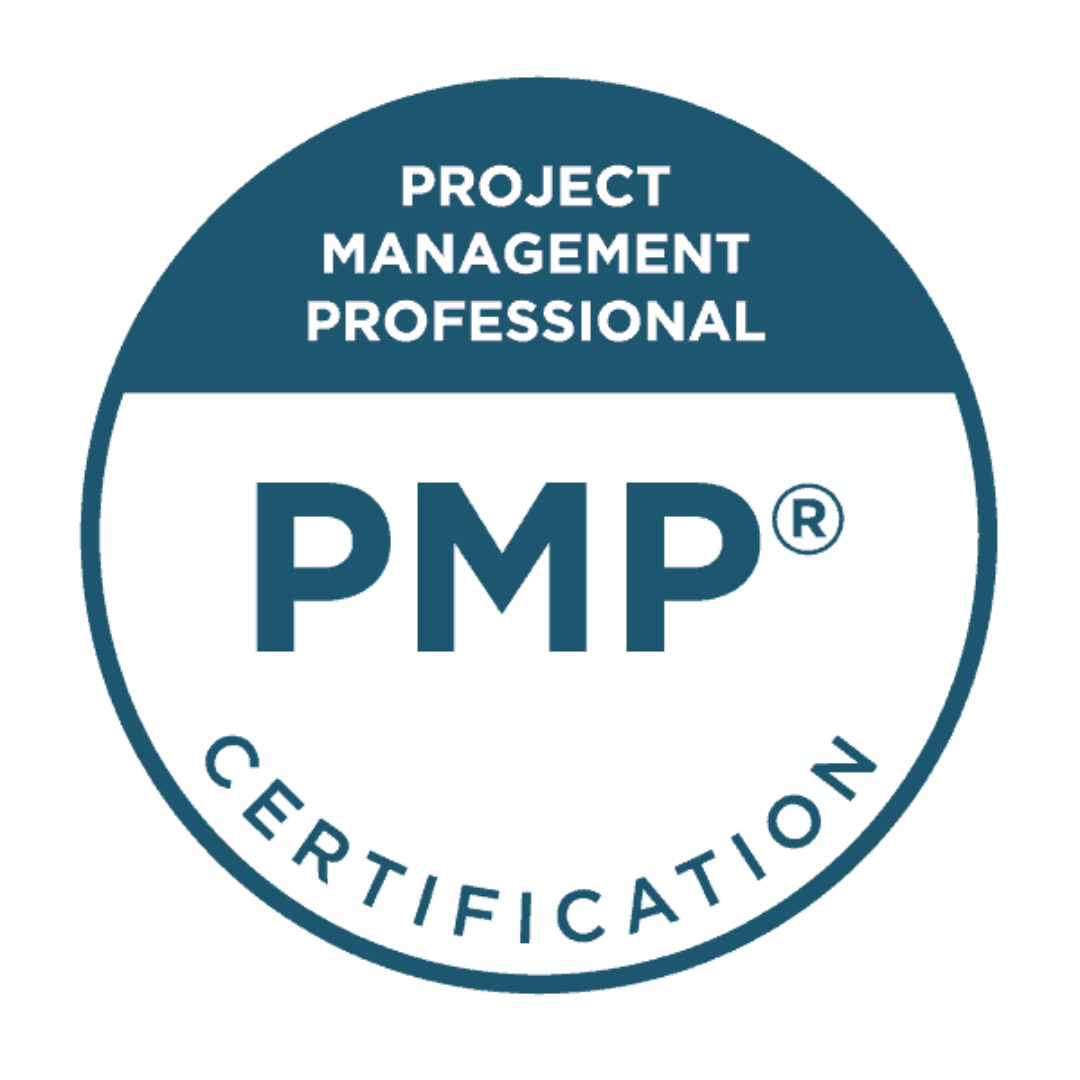
Grasping the factors that contribute to project success is a priority for both aspiring and experienced project managers. As the responsibilities of project managers have grown more complex, modern certification frameworks have evolved to focus on broader areas that impact project performance. These areas combine structured project execution with the human elements of leadership and collaboration, ensuring professionals are equipped to manage both systems and people effectively. For PMP candidates in Bangalore—an active centre for technology, infrastructure, and startups—developing a strong command of these domains is essential for both exam readiness and career advancement.
While earlier approaches to project management focused primarily on following established processes, today’s evolving business landscape calls for an equal focus on people-centric leadership. As teams grow more diverse and stakeholder needs shift rapidly, project managers can no longer rely solely on process compliance. They must be able to lead with empathy, manage team dynamics effectively, and adapt their communication for different audiences. Striking this balance between operational discipline and human connection is crucial—not only to excel in the PMP exam but also to thrive in complex, real-world project environments.
Understanding Performance Domains
Performance domains, as defined in the PMP framework, are logical groupings of related activities that contribute to the successful delivery of a project. They are not siloed processes but dynamic elements that interconnect and influence one another throughout the project life cycle. Among these domains, "Process" and "People" stand out as pillars representing two sides of project execution: the structured and the human.
The Process performance domain focuses on the methods and procedures that guide how project work is carried out. It encompasses activities such as planning, execution, and monitoring to ensure every task aligns with established standards. This domain helps maintain control over scope, timelines, and budget while ensuring the project stays on track and delivers the expected level of quality.
Conversely, the People domain is about who does the work and how they are motivated, guided, and engaged. It includes leadership, team building, communication, conflict resolution, and emotional intelligence. A project might be executed flawlessly from a procedural standpoint, but still fail if the team is disengaged or if stakeholder relationships deteriorate.
Process Management in Projects
Process management brings predictability, repeatability, and structure to project work. It begins with clearly defined workflows and continues through careful scheduling, risk management, and progress tracking. These activities are reinforced by governance structures, compliance standards, and regular audits. For instance, a software development project that follows Agile methodology still relies on disciplined sprint planning, backlog grooming, and retrospective analysis.
Metrics play a crucial role in process management. Key performance indicators (KPIs), earned value management (EVM), and quality assurance reviews ensure that deviations are caught early. Consistent application of these techniques leads to better control over deliverables, fewer surprises, and improved stakeholder confidence.
However, an overemphasis on process can create rigidity. If rules are followed blindly, without considering the nuances of the team or context, the project risks becoming bureaucratic. Therefore, effective process management must be adaptive, incorporating lessons learned and feedback into continuous improvement.
People Management in Projects
Projects are delivered by people, not by Gantt charts or process diagrams. As such, managing the human element is just as critical. People management is fundamentally about leadership: inspiring a shared vision, setting clear expectations, and empowering individuals to do their best work.
In the PMP context, this includes team formation, role assignment, stakeholder engagement, and feedback mechanisms. Conflict resolution skills are paramount, especially when diverse personalities and competing interests come into play. Motivation theories such as Maslow’s hierarchy, Herzberg’s two-factor theory, and McClelland’s needs theory offer valuable frameworks for understanding what drives individuals within a project.
Cultural intelligence and emotional awareness are increasingly relevant in global project settings. For example, what motivates a developer in Bangalore may differ from what inspires a client in Europe. An effective project manager must tailor communication and recognition approaches accordingly.
Balancing Both Domains
A successful project requires both structured execution and strong leadership. These domains do not operate in isolation. For example, implementing a change management process (from the Process domain) often fails unless the team is adequately prepared and supported (People domain). Likewise, resolving a stakeholder conflict (People domain) might necessitate a change in the risk management plan (Process domain).
Consider a scenario where a project timeline is under threat due to resource constraints. A process-oriented approach might suggest re-sequencing tasks or crashing the schedule. A people-oriented response could involve negotiating workload redistribution, offering incentives, or even conflict mediation among team members. The best outcomes typically result from a balanced application of both perspectives.
Professionals undertaking PMP training in Bangalore are often exposed to these real-life scenarios through simulations and workshops. These structured learning environments enable learners to apply theoretical knowledge to dynamic project situations, improving both retention and relevance. Whether it's analysing a process breakdown or managing a disengaged team, the training prepares candidates to take a holistic approach to problem-solving.
Why Bangalore Professionals Need This Skillset
Bangalore’s project ecosystem is unique in its diversity and pace. IT service companies, product startups, infrastructure giants, and global consultancy firms all coexist and compete in the same market. Each operates with distinct methodologies, stakeholder expectations, and delivery constraints.
For project managers in this environment, mastering both process and people domains offers a competitive advantage. Those working in agile setups must be able to blend structured sprints with servant leadership. Meanwhile, those in construction or engineering might need to balance contract compliance with the morale of on-site teams.
In such a context, technical knowledge alone is not enough. The ability to adapt, influence, and lead across functional and cultural boundaries is what separates good project managers from great ones.
Training Features That Support Mastery
Top institutes offering pmp training in Bangalore often design their programmes to reflect this balance. Candidates are introduced to case studies that mirror the region’s project realities. Domain-specific modules ensure that learners can delve deeply into process areas like integration, cost, and quality, while also developing skills in stakeholder analysis, team development, and communications management.
Practical tools such as role-playing exercises, group discussions, and mock exams help reinforce this dual focus. Moreover, trainers with industry experience bring in examples that resonate with learners, showing them how to apply PMP principles in day-to-day decision-making. This bridge between textbook knowledge and on-the-ground expertise is invaluable for anyone aiming to clear the PMP exam and thrive in complex project environments.
Conclusion
Mastering the PMP performance domains of Process and People is no longer optional; it is essential for anyone preparing to lead successful projects in today’s dynamic world. Each domain reinforces the other, creating a synergy that supports delivery excellence, stakeholder satisfaction, and team cohesion.
For aspirants in Bangalore, where project diversity meets global opportunity, developing this balance through targeted training is a smart investment. By learning to navigate both the technical and human sides of project management, PMP candidates equip themselves to drive not just projects, but lasting professional success.






Write a comment ...